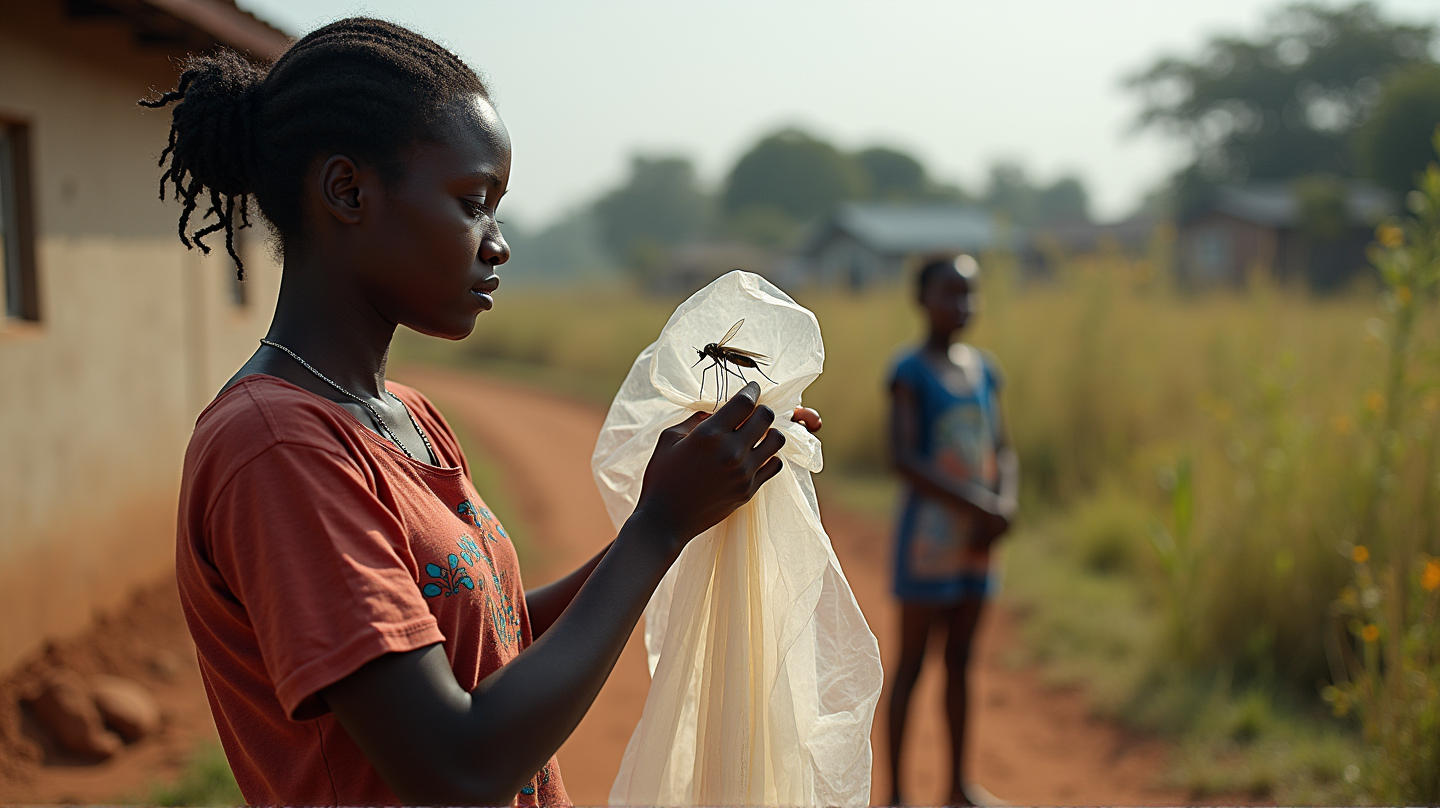As the world races to meet the ambitious goal of ending malaria by 2030, it is becoming increasingly clear that equitable access to healthcare is not just a fundamental right but an absolute necessity for sustainable success. Amidst the ongoing battle against this preventable and curable disease, the focus must shift towards ensuring that no one is left behind, both in terms of access to life-saving tools and in policy-making.
Failing to Meet Targets: A Global Wake-Up Call
The World Health Organization (WHO) Global Malaria Report 2024 reveals alarming statistics: over 263 million people contracted malaria, and 597,000 succumbed to it in 2023 alone. What’s more, in Africa, where 95% of these deaths occurred, many remain devoid of essential services necessary for prevention and treatment. According to Africa Science News, without robust investments, the hard-earned progress in reducing malaria mortality rates could easily backslide.
The Interconnected Web of Health Equity and #endMalaria Goals
Equity and inclusion are intertwined with the goals of #endMalaria. As Professor Maxine Whittaker from James Cook University emphasizes, ignoring these aspects could undermine the entire effort. There’s a strong correlation between promoting health equity and achieving other Sustainable Development Goals (SDGs) – ensuring that the fight against malaria is also a fight for broader social justice.
Funding Shortfalls: Bridging the Gap
Despite notable gains, financial resources dedicated to combating malaria are severely deficient. In 2023, funding fell short by over $4 billion, leaving high-burden African countries struggling to afford insecticide-treated nets and essential medicines. To bridge this crippling gap, a greater reliance on domestic philanthropies and corporate social responsibility is crucial.
Climate Change and New Challenges
Climate change exacerbates existing challenges by shifting disease patterns. The catastrophic floods in Pakistan in 2022 serve as a telling example of how climate-induced disasters can lead to malaria outbreaks, slowing down control efforts. With warming climates, mosquitoes may migrate, leading to potential new breeding grounds and outbreaks.
The Final Stretch in Malaria Elimination
In regions like the Greater Mekong Sub-Region, the final push to eliminate malaria is fraught with obstacles, including complex socio-political conflicts. Robust disease surveillance and continued community engagement are essential to maintaining a malaria-free status and preventing resurgence.
The Role of Vaccines and Future Prospects
While malaria vaccines show promise, particularly in Africa, their applicability in near-elimination regions remains uncertain. A comprehensive approach, emphasizing societal and governmental collaboration, is needed to effectively tackle this public health menace.
Malaria is a clear embodiment of global health disparities. As we edge closer to 2030, the world’s response must become more inclusive and equitable, ensuring that every individual’s right to health is upheld. With collective action and focus on health equity, a malaria-free world is undeniably within reach.
